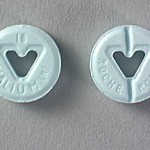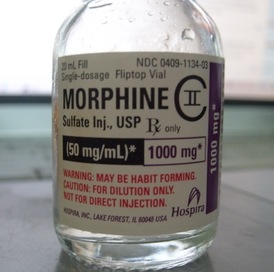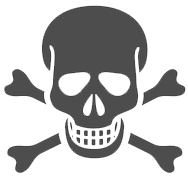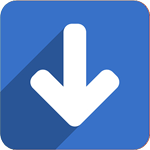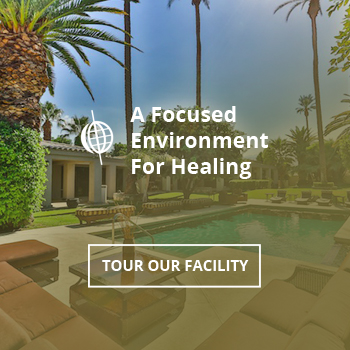You might think that the world’s most dangerous drugs are illegal drugs, drugs like cocaine and heroin. While these drugs certainly are dangerous, many are surprised to learn that some legal drugs are actually just as dangerous and addictive as illegal drugs, if not more so.
In fact, the National Institute on Drug Abuse (NIDA) estimates that, as of 2010, as many as 7 million people were abusing prescription medications.
Prescription drug abuse can be defined as taking a prescription medication that you have not been prescribed or misusing a medication that you have been prescribed. There are many different types of prescription drugs, but the most commonly abused ones include:
People were abusing these medications in 2010:
- Pain relievers: 5.1 million
- Tranquilizers: 2.2 million
- Stimulants: 1.1 million
- Sedatives: 0.4 million
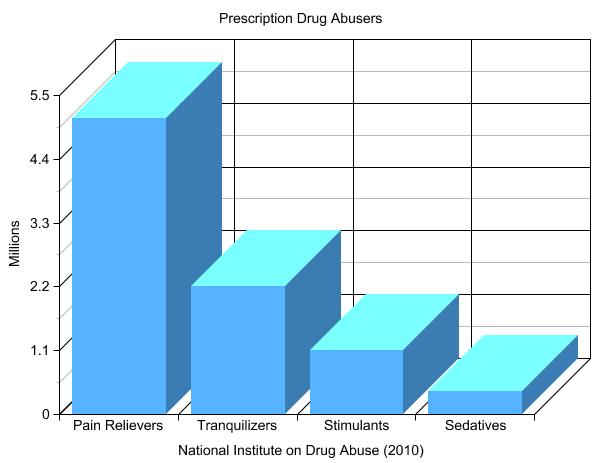
Why Are So Many Abusing Prescription Medications?
According to the Centers for Disease Control (CDC), the number of drug overdose deaths in the United States has more than tripled since 1990, and to make matters worse, in 2008, prescription drugs played a role in 14,800 drug overdose deaths. In fact, in 2008, prescription drugs were involved in the deaths of more people than cocaine and heroin combined.
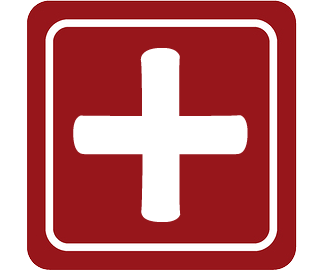 475,000 visits to the emergency room
475,000 visits to the emergency room
Of course, not everyone who abuses prescription drugs will overdose; some people are lucky enough to simply become ill or experience other adverse symptoms. In fact, the CDC also reports that in 2009, prescription medications were behind 475,000 visits to the emergency room.
It’s clear that prescription drug abuse is becoming a more serious problem, but what is causing this increase in prescription drug abuse?
While it’s impossible to pinpoint just one cause for the rise in prescription drug abuse, there are a few things that have likely led to the increase; they include:
- A lack of knowledge/concern. Many people believe that, because prescription medications are legal, they are safe. Nothing could be further from the truth; prescription medications are not safe for use if misused or if they have not been prescribed specifically for the user.
- More widespread availability. Prescription medications are prescribed much more frequently now than they were just a few short years ago. Many illegal drug dealers sell prescription medications as well, making it easier to get these drugs than ever before.
- Over-diagnosis. More people than ever before are being diagnosed (sometimes misdiagnosed) with conditions that warrant the use of prescription medications.
- Online pharmacies. Online pharmacies make it easy for people to get prescription medications. Some of them even offer these medications to those without a prescription.
- Unscrupulous doctors. Some doctors write prescriptions not to aid patients but to make money.
What Prescription Drugs Are People Abusing?
There are all kinds of prescription drugs available in the world today, but some are more commonly abused than others. According to PBS, the most common types of prescription medications that are abused are opioids, central nervous system depressants, and stimulants – each category of which carries its own unique risks and dangers.
-
Understanding Opioids
Opioids are drugs used to relieve pain; however, when misused, they can also create feelings of euphoria, which make them incredibly addictive. In fact, opioids are among the most addictive of all of the prescription drugs and, to make matters worse, there has recently been a rise in people going from abusing prescription medications to abusing heroin, which produces similar effects but often at a lower cost. Some of the major risks, other than addiction, that are associated with opioid abuse include:
- Overdose
- Increased risk of HIV, hepatitis, and various other diseases for those who use the drug intravenously
- Increased risk of unprotected sex, which can lead to a higher likelihood of unwanted pregnancies and sexually transmitted diseases
- Difficulty breathing
- Decreased pulse and blood pressure
- Coma
-
Understanding Central Nervous System Depressants
Central nervous system depressants are designed to reduce anxiety and to help relieve the symptoms of certain sleep disorders. However, like opioids, they can produce feelings of euphoria and well-being that can cause a person to turn to them again and again and eventually lead to addiction. Those who regularly abuse central nervous system depressants face serious risks, including:
- Lowered blood pressure
- Depressed respiration
- Dangerous, sometimes deadly withdrawal symptoms for addicts who stop using the drugs
- Overdose and death, especially when these medications are combined with other drugs and/or alcohol
-
Understanding Stimulants
Stimulants are prescribed to people of all ages and from all walks of life and are usually intended to treat attention deficit hyperactivity disorder (ADHD) or the sleep disorder known as narcolepsy. They may also be prescribed to address problems with mood or to help reduce a person’s anxiety. These drugs are very commonly abused among college students and other young people, but again, are still abused by adults and even children as well. Some of the risks associated with stimulant abuse are:
- Increased heart rate
- Increased blood pressure
- Changes in appetite or weight
- Insomnia
- Seizures
- Heart attack
- Stroke
- Addiction
- Tremors
- Delirium
- Paranoia
- Hallucinations
- Impulsive behavior
- Aggressive behavior
- Cardiovascular complications
Stimulants that are frequently abused include:
- Adderall
- Ritalin
- Vyvanse
Alternatives to Prescription Medications

When you have been legitimately diagnosed with a certain medical or mental condition, you may feel like prescription medications are your only option. The truth is, however, that there are almost always suitable alternatives to dangerous and addictive prescription medications.
Those who suffer from anxiety, for example, often find that therapy is just as effective, if not more so, at treating their anxiety than prescription medications. Likewise, some who suffer from problems with attention and focus will achieve a reduction in their symptoms just by switching to a more natural diet.
Furthermore, there are natural medications available for almost every condition known to man. You should always talk to a doctor and/or therapist about prescription medications, which should only be used as a last resort. If prescription medications must be used, it is imperative to use them according to their exact specifications and to regularly check in with a doctor during use.
Overcoming Prescription Drug Addiction
For those who are already caught in the trenches of prescription drug addiction, it is incredibly important to seek professional help to overcome the addiction. While professional help is always the best option, it is especially important for those using a drug for which there are dangerous and possibly deadly withdrawal symptoms. These individuals need to be able to detox in a safe environment, one in which their health can be monitored and withdrawal symptoms can be reduced. Even if withdrawal symptoms are not present, the most effective way to get over a prescription drug addiction is still through receiving qualified, professional help.
Contact us at Axis now and find out more about our intensive, evidence-based drug addiction treatment program. Call now.



